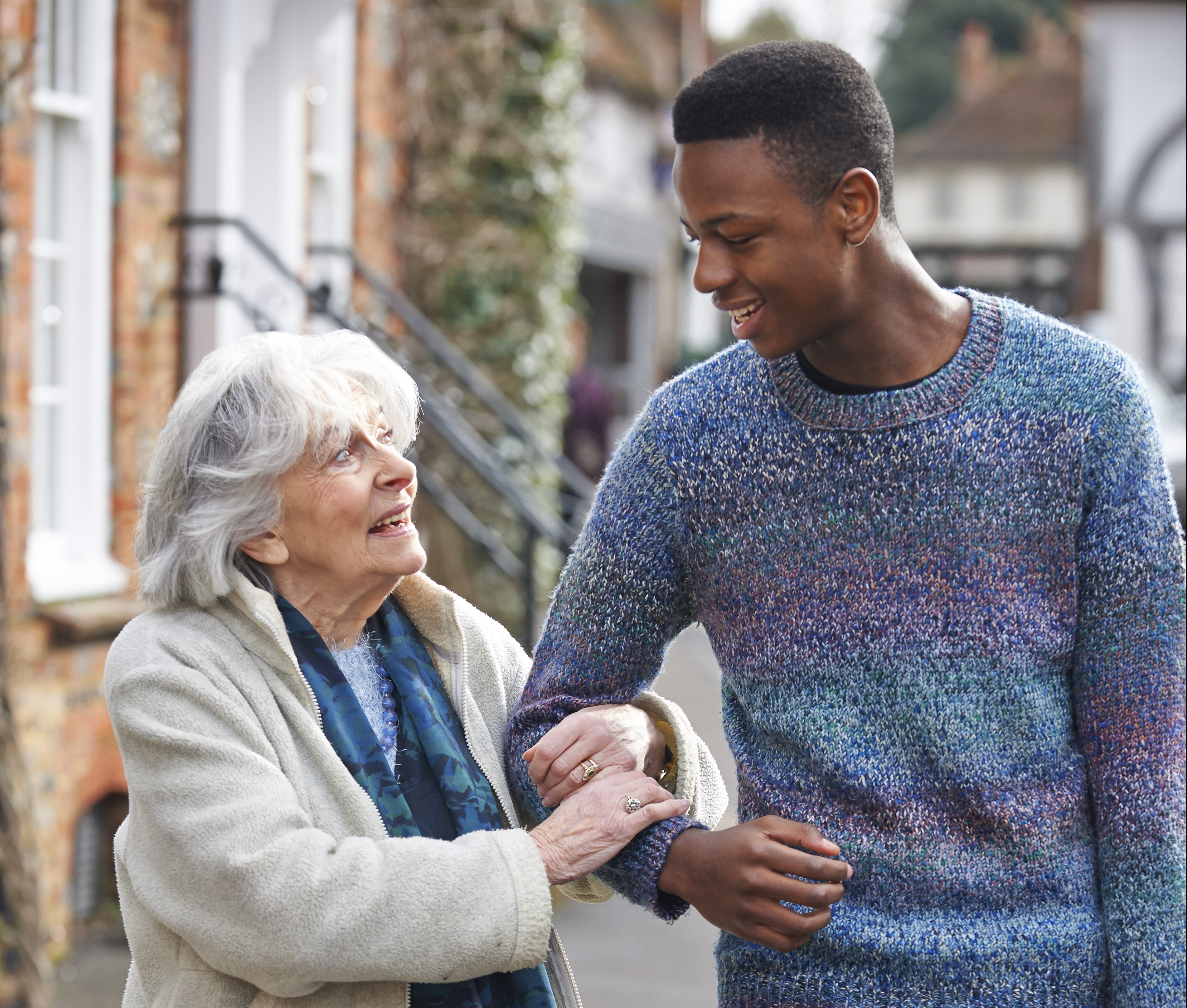Transforming Lives Through Good Deeds

In a world often overshadowed by negativity, the power of good deeds shines brightly, illuminating the lives of those who perform them and those who receive them. Acts of kindness, no matter how small, can create ripples of positivity that extend far beyond the initial gesture. Good deeds not only uplift the spirit of the giver but also foster a sense of community and belonging among recipients. These selfless acts remind us that we are all connected and that every positive action contributes to a larger tapestry of humanity.
Throughout history, countless individuals have dedicated their lives to spreading goodwill and making a difference. From volunteers who dedicate their weekends to helping the less fortunate to celebrities who use their platforms to advocate for important causes, the examples of good deeds are abundant. In this article, we will explore the significance of good deeds, share inspiring stories, and delve into the question of how these actions can transform communities and lives.
Good deeds can take many forms, ranging from simple everyday acts of kindness, such as helping a neighbor, to grand philanthropic efforts aimed at addressing societal issues. Regardless of the scale, each good deed has the potential to inspire others and create a domino effect of positivity. As we navigate through the complexities of modern life, understanding the value of good deeds and their impact on society becomes increasingly essential.
What Are Good Deeds and Why Do They Matter?
Good deeds can be defined as selfless actions performed with the intention of helping others or contributing positively to society. They matter because they foster compassion, empathy, and a sense of community among individuals. Engaging in good deeds not only benefits those who receive help but also enhances the emotional well-being of the giver. Research has shown that acts of kindness can lead to increased happiness and satisfaction in life.
How Do Good Deeds Impact Communities?
Good deeds have the power to transform communities in profound ways. They can:
- Strengthen social bonds and create a sense of belonging.
- Encourage collaboration and collective problem-solving.
- Promote a culture of kindness and respect.
- Provide essential support to those in need, reducing inequalities.
Through these impacts, good deeds contribute to building resilient communities where individuals look out for one another. They can address pressing social issues, such as poverty and homelessness, by mobilizing resources and encouraging community members to participate actively in bettering their surroundings.
Who Are Some Notable Figures Known for Their Good Deeds?
Many individuals have made significant contributions to society through their good deeds. One notable figure is **Oprah Winfrey**, known for her philanthropic efforts and commitment to empowering underprivileged communities. Below is a brief overview of her biography and contributions:
| Name | Oprah Winfrey |
|---|---|
| Date of Birth | January 29, 1954 |
| Occupation | Media Executive, Talk Show Host, Philanthropist |
| Major Contributions | Education initiatives, support for women’s rights, and disaster relief efforts |
What Are Some Examples of Good Deeds in Action?
Good deeds can manifest in various ways, from local initiatives to global movements. Here are a few compelling examples:
How Can Individuals Get Involved in Good Deeds?
Getting involved in good deeds can be easier than one might think. Here are some simple ways to start:
- Look for local community service opportunities.
- Join groups or organizations that focus on charitable work.
- Start a good deeds challenge with friends and family.
- Use social media to spread awareness about causes you care about and encourage others to take action.
What Are the Long-Term Benefits of Engaging in Good Deeds?
Engaging in good deeds can have numerous long-term benefits, including:
- Building a strong social network and lasting friendships.
- Enhancing emotional resilience and overall mental health.
- Creating a legacy of kindness that inspires future generations.
- Promoting a sense of purpose and fulfillment in life.
Can Good Deeds Influence Society at Large?
The impact of good deeds can extend beyond individual lives to influence society as a whole. When people come together to perform good deeds, they can:
- Challenge societal norms and promote change.
- Encourage systemic improvements in various sectors, such as education and healthcare.
- Foster a culture of volunteerism and community engagement.
In conclusion, good deeds play a crucial role in shaping our society and enriching our lives. Whether through simple acts of kindness or large-scale philanthropic efforts, these selfless actions remind us of our shared humanity. By engaging in good deeds, we can contribute to a better world, one gesture at a time. Let us all strive to be a part of this positive movement and inspire others to do the same.
ncG1vNJzZmirn521b6%2FOpmasp5idu6bD0qCcq7FoZLSwu8Nmm56dlKh7qcDMpQ%3D%3D